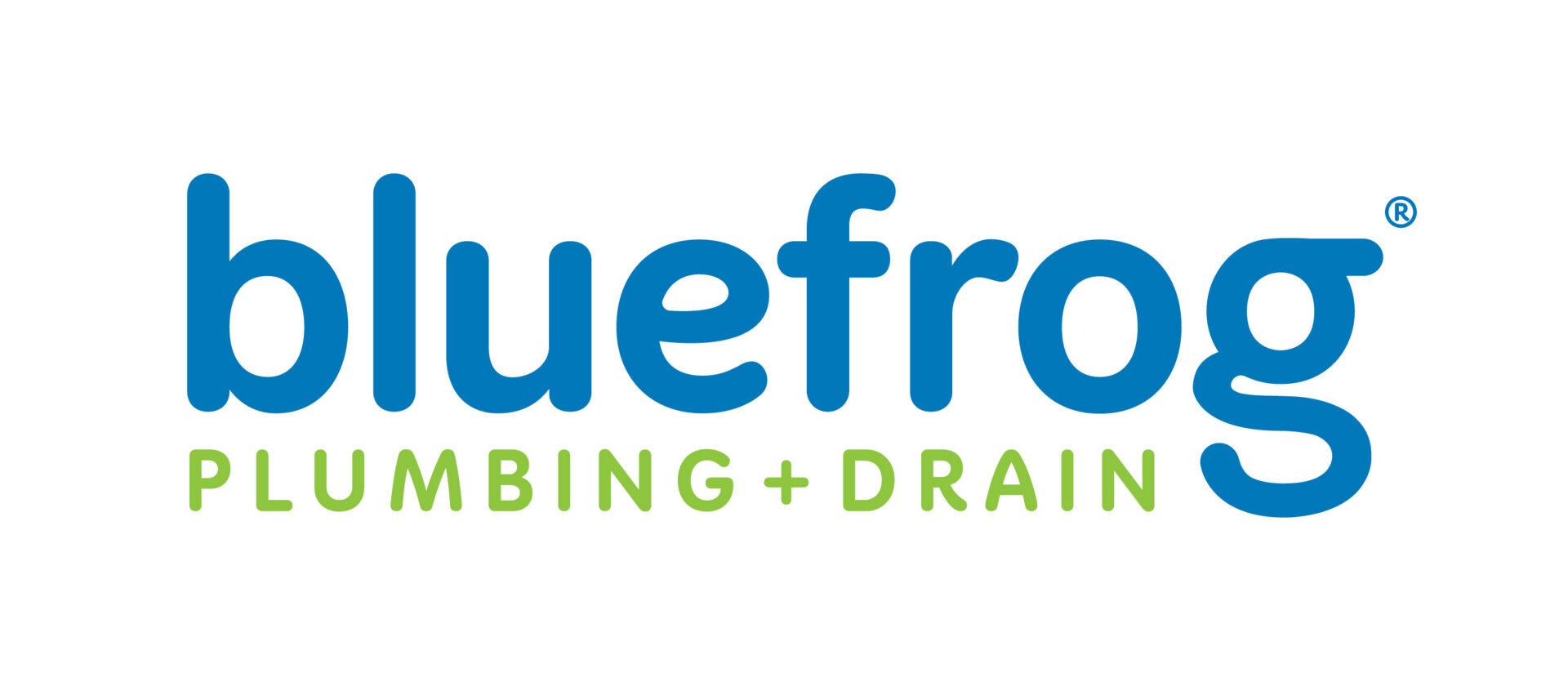Clogged drains are an unwelcome issue for any household. From slow-draining sinks to standing water, clogged drains can cause inconvenient issues for homeowners and tenants. While the best option is to have a professional look at your drainage system, some may opt for drain cleaners, thinking it’s a fast and easy solution to clogged drains.
How does drain cleaner work? Here’s a brief overview of what it is, how it works, and why chemical drain cleaners may not always be the best long-term solution for clogs and your entire drainage system.
What Is Drain Cleaner and How Does Drain Cleaner Work?
Liquid drain cleaners are a mixture of chemicals that are potent enough to dissolve or dislodge common materials causing blockages in pipes. These commercial cleaning products often have ingredients like sodium hydroxide, bleach, hydrochloric acids, and other hazardous ingredients, so proper handling and care is crucial.
Depending on the ingredients of your selected drain cleaner, drain cleaners unclog drains through various methods:
- Oxidizing Drain Cleaners: Best for food scraps and hair, these products contain bleach, nitrates, or peroxides that oxidize organic materials, breaking them down.
- Caustic Drain Cleaners: Most suitable for soap residue, grease, and clogs causing standing water, these contain sodium hydroxide that can pass through water, break the composition of the clog, and dissolve them.
- Acidic Drain Cleaners: These should only be used by professional plumbers. It contains sulfuric acid, which can cause severe skin burns and dangerous chemical reactions.
- Enzymatic Drain Cleaners: Best for eco-friendly drain cleaning alternatives, these use enzymes and bacteria to break down organic matter.
What Causes Clogged Drains?
Drains in your bathrooms and kitchens accumulate debris with use. This build-up will eventually create a significant blockage to prevent liquids from flowing down your drain. As a result, you might notice that water in your shower, bathroom, or sink takes a while to drain. Some of the most common culprits for clogged drains include:
- Hair: Strands can tangle and eventually form a clump. When there’s too much hair combined with grease and oils, it can lead to a clog.
- Fats, Grease, and Oils: Also known as FOG, these are the most common causes of clogged drains in the kitchen. When these cool down, they solidify and result in a clog that’s difficult to remove.
- Soap and Cleaning Residue: Residue from your shampoo, soap, and cleaning supplies can form a thick deposit.
- Other Foreign Objects: Tissue paper, wipes, toys, and anything that accidentally falls into your toilet and drains can cause clogs.
Are Drain Cleaners Safe To Use?
Many households use drain cleaners because they’re quick, easy, and inexpensive. Additionally, you might think they’re a practical solution because you can see the effects after pouring down drain cleaner. However, there are plenty of downsides to using drain cleaners that outweigh its benefits:
- Pipe Corrosion: Chemical drain cleaners can corrode or damage your drainage pipes, especially on older systems. Prolonged use of drain cleaners can create leaks or severely damage your pipe system.
- Environmental Harm: The chemicals used in your drains will make their way into your local waterways. This can potentially harm aquatic life and pollute water sources.
- Health and Safety Risks: Some drain cleaners are hazardous when inhaled or come into contact with skin. Improper handling can cause skin burns and respiratory irritation.
- Ineffectiveness: Drain cleaners are only effective at handling clogs close to the drainage opening. If there is an issue with your drainage system affecting your entire property, drain cleaners are unlikely to solve the problem.
- Temporary Fixes: Drain cleaners do not address the underlying issue with your drainage. There could be issues with your sewage line or drain pipe that require professional attention.
What Are Some Alternatives To Drain Cleaners?
Now that you have a better understanding of how drain cleaner works, you may want to explore other options to solve your clogged drain issues. Here are some of the alternatives we recommend:
- Use a Plunger: Get a cup plunger for your showers and sinks while using a flange plunger for your toilet. Minor clogs can be addressed if you know how to use a plunger on your drains.
- Drain Covers: Plenty of products can help you prevent debris from getting into your drains. These can catch bits of food, hair, and other small objects. However, they can’t stop FOG and some residue from entering.
- Professional Plumber: Stubborn clogs affecting more than one drain could indicate an underlying plumbing issue. Have a professional inspect your drain and provide a safe way to operate your drainage system as usual.
Get in Touch With a Professional Plumber From bluefrog Plumbing + Drain of Argyle to Inspect Your System
Knowing how drain cleaners work can help you understand why it’s not the best solution for handling your drain issues in the long run. Preventing debris from entering and knowing how to manage minor clogs without drain cleaners can help you maintain the condition of your drains. However, in case of severe clogging, your best option is to let a professional plumber handle the problem.
Bluefrog Plumbing + Drain is your reliable plumber for homes and businesses in Argyle. Our expert plumbers understand the importance of your drainage systems and work with a sense of urgency to resolve your drainage issues.
Schedule your service appointment today, and we’ll send a professional plumber to handle all your plumbing and drainage needs.
